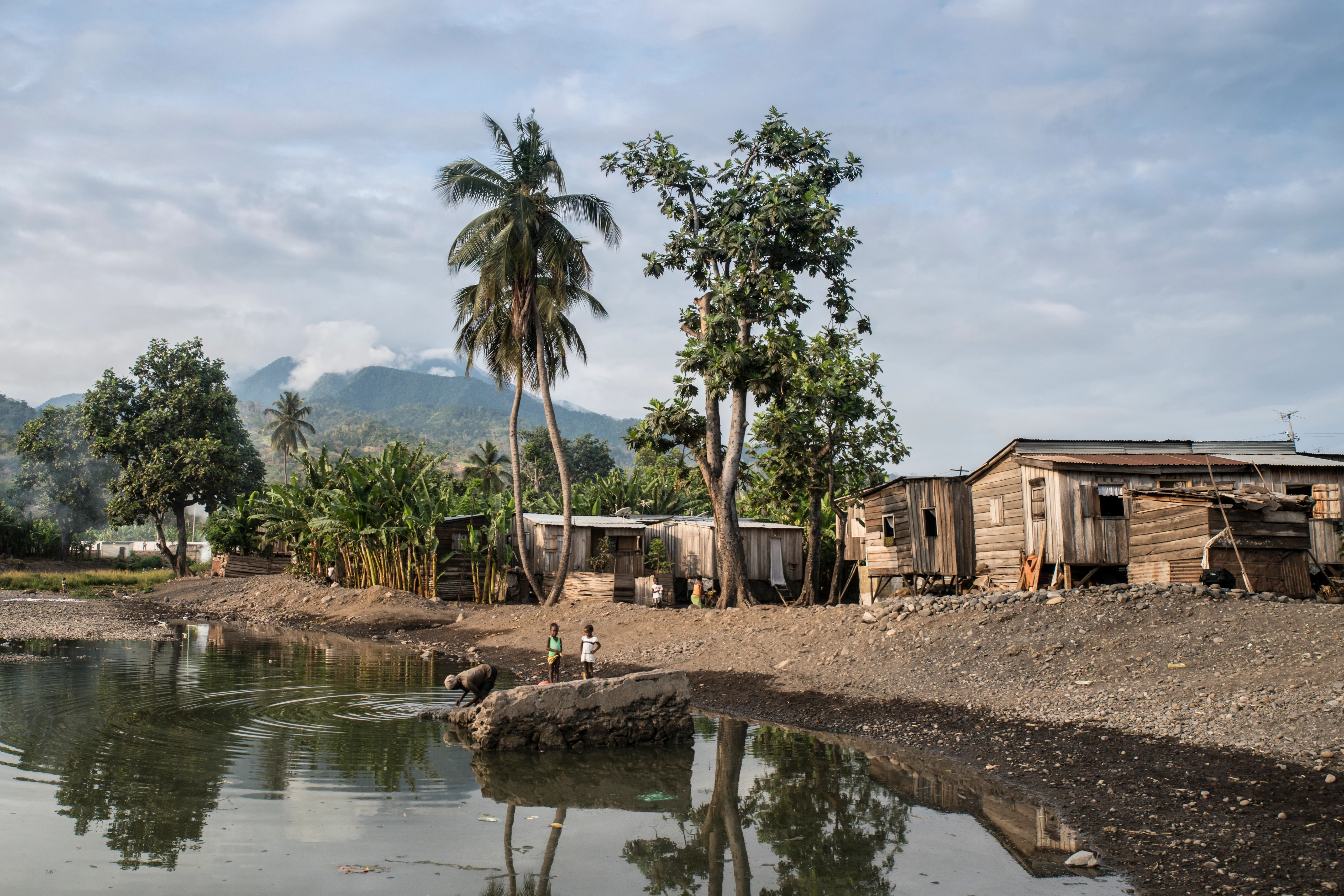UNDP Sao Tome and Principe
New UNDP initiative addresses underlying challenges to building resilience through disaster risk finance and insurance in Least Developed Countries (LDCs) and Vulnerable Twenty (V20) countries.
In 2021, economic losses from disasters caused by natural hazards totalled almost $270 billion. The impact of disasters can significantly undermine development progress and push communities deeper into poverty, making them less resilient to the next disaster shock.
Recognizing the importance to plan and finance disaster response, UNDP’s Insurance and Risk Finance Facility (IRFF), a flagship initiative within the Programme's Sustainable Finance Hub, is working together with government partners to better protect vulnerable communities from socioeconomic, climate and health-related disasters by significantly increasing the role of insurance and risk financing in development.
Scaling up insurance coverage protects lives and livelihoods, enabling people to get back on their feet faster after a disaster. But the benefits don’t stop there. It also creates a virtuous cycle of economic benefits, including increased investment in the economy, reduced budgetary pressure on governments in the event of disaster and greater socioeconomic security for communities.
Yet, for many LDCs and V20 climate-vulnerable countries, insurance solutions remain out of reach. Mechanisms to rapidly mobilize finance for disaster response are often not integrated into budget processes and development plans, insurance companies are deterred by restrictive legislation, demand for insurance is also low due to a lack of awareness and/or trust in the insurance sector, there are also issues related to affordability of premiums. Together, these challenges result in a large protection gap, leaving vulnerable communities exposed to disaster risks and their lives and livelihoods unprotected.
At the Eighth V20 Ministerial Dialogue the issue of risk management was highlighted on a number of occasions as a primary concern for V20 member countries. In a communiqué adopted at this meeting, The V20 Group of Ministers of Finance stressed the importance of closing the protection gap, explaining “We will all be better off [when] we can build a market to handle these risks in a highly effective way and to encourage a system that delivers the objective of resilience to economies and climate justice to communities”.
Directly aligned with this thinking, and in response to the expressed need of V20 climate-vulnerable countries, at UNDP, we are pleased to announce the Engagement Initiative, working with LDCs and V20 countries to address the foundational challenges of establishing innovative risk financing solutions and crowding in the insurance sector. This initiative is designed to complement country efforts to understand finance and manage risks.
The Engagement Initiative has three overall and interrelated objectives in pursuing the growth of insurance and risk financing:
- Advocating for greater understanding and usage of risk transfer by all actors, strengthened by research and evidence.
- Building the capacity of governments and other critical actors, including national industry partners.
- Reducing risks and barriers that may prevent the growth of insurance and risk financing, including the role of the private sector.
Initial funding by the German Federal Ministry of Economic Cooperation and Development will cover the implementation of the initiative in five countries and there are plans to secure additional funding to expand to 15 countries by 2025.
The Engagement Initiative contributes to the InsuResilience Global Partnership Vision 2025, which seeks to cover 500 million poor and vulnerable people against climate and disaster shocks by pre-arranged risk finance and insurance mechanisms. The initiative is an integral part of the IRFF and consolidates UNDP’s work with countries toward sustainable development.


